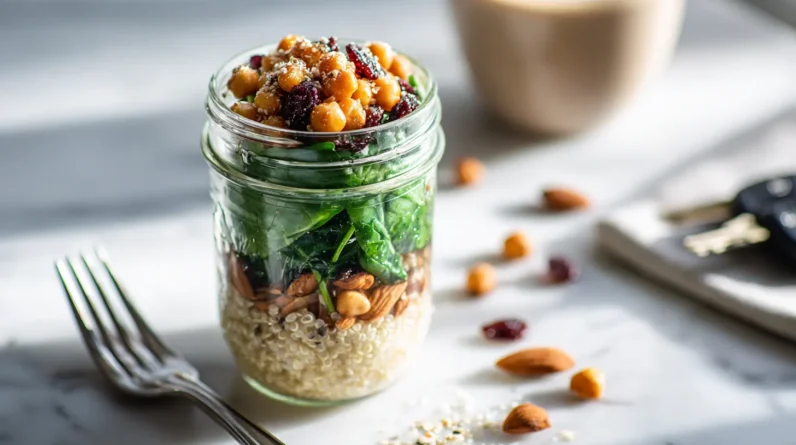
As we prioritize our feminine wellness, we recognize that nutrition plays a crucial role in our self-care. Our bodies undergo hormonal changes that impact our weight, digestion, and metabolism, leading to nutritional deficiencies that affect our energy levels and overall health. Fortunately, a tailored approach to nutrition can mitigate these effects. By focusing on nutrient-rich foods and supplements, we can promote hormonal balance and wellness. By making informed choices, we can support our reproductive health, boost our energy levels, and nourish our bodies. By embracing nutrition as a cornerstone of self-care, we can gain a deeper understanding of our unique needs and take the first step towards optimal wellness.
Nourishing the Female Body
Being female, we acknowledge that our bodies undergo significant hormonal changes that impact our weight, digestion, and metabolism, making nutrition a crucial component of our overall well-being.
As women, we’re aware that hormonal changes can lead to nutritional deficiencies, affecting our energy levels and overall health. To maintain a healthy lifestyle, it’s important to address our unique nutritional needs.
We recognize that women’s health requires a tailored approach, and nutrition plays a crucial role in promoting overall wellness. By focusing on nutrient-rich foods and supplements, we can mitigate the effects of hormonal changes and support our bodies’ needs.
Hormonal Balance Through Nutrition
By integrating our bodies with the right nutrients, we can take control of our hormonal balance, and nutrition plays a pivotal role in this delicate equilibrium.
We can regulate our hormones by consuming foods rich in antioxidants, fiber, and healthy fats. Omega-3 fatty acids and vitamin B6 are essential for hormonal balance, and we can find them in foods like flaxseeds, lean proteins, and leafy greens.
A plant-based diet with adequate protein and essential fatty acids can also aid in hormonal balance.
By making informed food choices, we can support our hormonal health and maintain a balanced equilibrium.
Mindful Eating for Wellness
As we shift our focus to mindful eating, we’re empowered to reclaim our relationship with food and cultivate a deeper appreciation for the nourishment it provides. By paying attention to the sensory experience of eating, we can recognize hunger cues and distinguish between physical hunger and emotional cravings.
This approach to nutrition enhances our self-care, promoting a healthier relationship with food and supporting women’s wellbeing. By savoring each bite and eating slowly, we can improve digestion, reduce stress, and achieve better weight management.
Mindful eating is a powerful tool for achieving hormonal balance and overall wellness, allowing us to nourish our bodies and honor our nutritional needs.
Nutrient-Rich Foods for Energy
We fuel our bodies with nutrient-rich foods to access sustained energy levels throughout the day. As women, it’s essential to prioritize whole grains, lean proteins, and healthy fats to support our physical health.
Foods high in complex carbohydrates, such as whole grains and legumes, help maintain stable blood sugar levels, providing us with the energy we need to take on our daily tasks.
Additionally, including sources of Omega-3 fatty acids like salmon and chia seeds can boost our brain function and energy levels. Iron-rich foods like lean meats, beans, and fortified cereals are also essential for preventing fatigue and maintaining energy levels.
Nutrition for Reproductive Health
Proper nutrition plays an essential role in supporting menstrual regularity, fertility, and overall reproductive health in women, making it important to prioritize key nutrients and a balanced diet. We need to fuel our bodies with the right foods to support our reproductive health.
Here are some essential nutrients we should focus on:
1. Folic acid: important for preventing birth defects and supporting fetal development during pregnancy.
2. Iron: necessary for healthy red blood cells and preventing anemia.
3. Vitamin D: crucial for hormonal balance and bone health.
4. Omega-3 fatty acids: support healthy hormonal function and fertility.
Whole Foods for Optimal Health
By focusing on whole foods, we can fuel our bodies with the nutrients and energy we need to thrive.
Whole foods, such as fruits, vegetables, whole grains, lean proteins, and healthy fats, provide essential vitamins, minerals, and antioxidants that support immune function, hormonal balance, and overall well-being. By integrating these foods into our diet, we can maintain a healthy weight, reduce inflammation, and lower the risk of chronic diseases.
Whole foods are minimally processed, free of added sugars and preservatives, promoting natural and nutrient-dense eating.
By choosing whole foods, we can enhance our energy levels, support mental clarity, improve digestion, and aid in weight management.
Conclusion
As we aim for feminine wellness, we’re reminded that ‘an ounce of prevention is worth a pound of cure.’ By prioritizing nutrition in our self-care, we empower our bodies to thrive. By making informed food choices, we can balance our hormones, boost energy, and support reproductive health.
With every bite, we’ve the power to nourish our bodies and cultivate a deeper sense of wellness.







